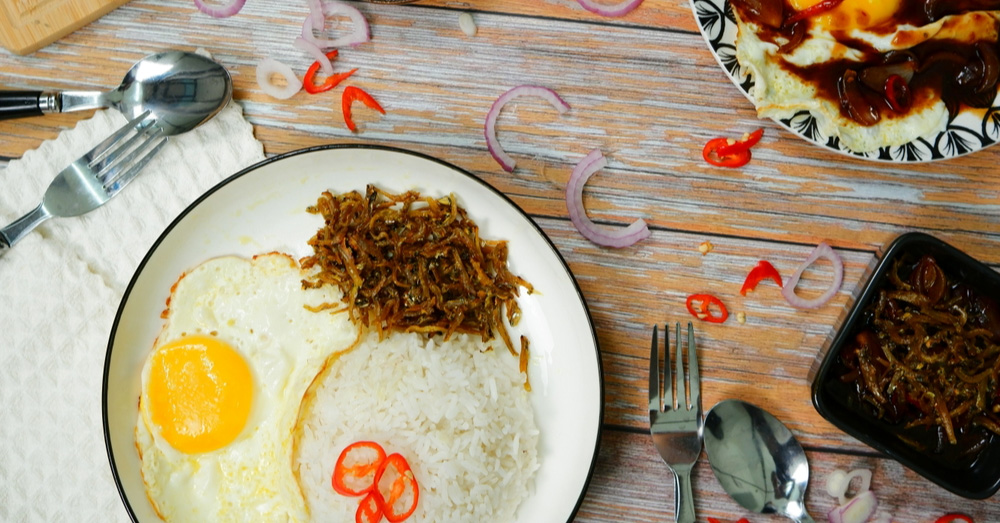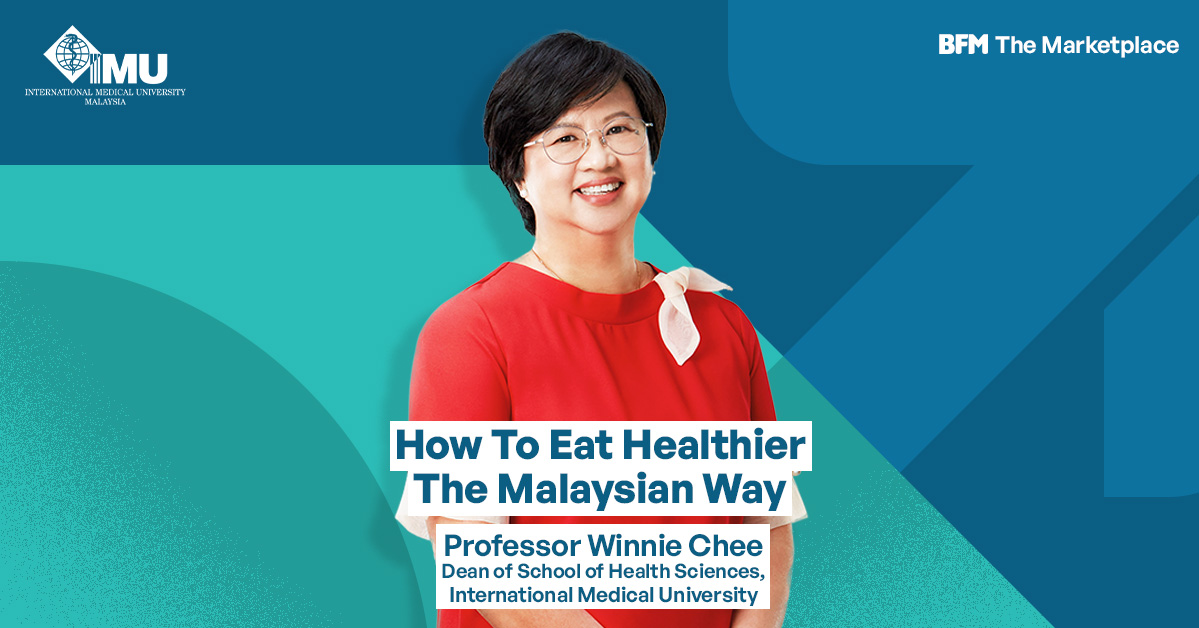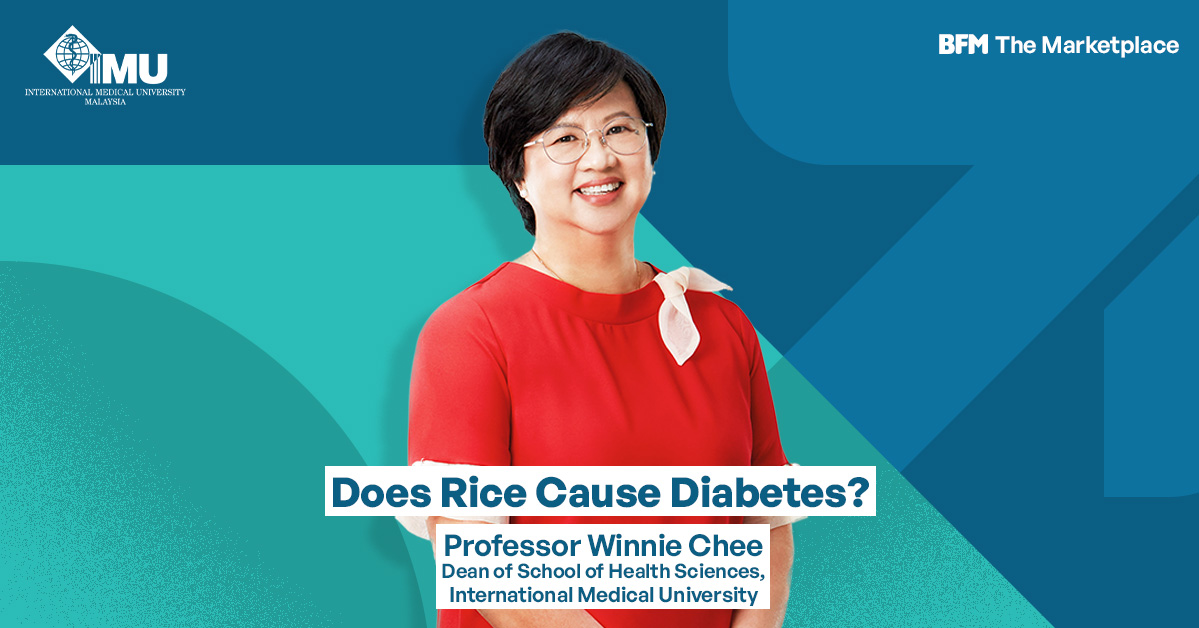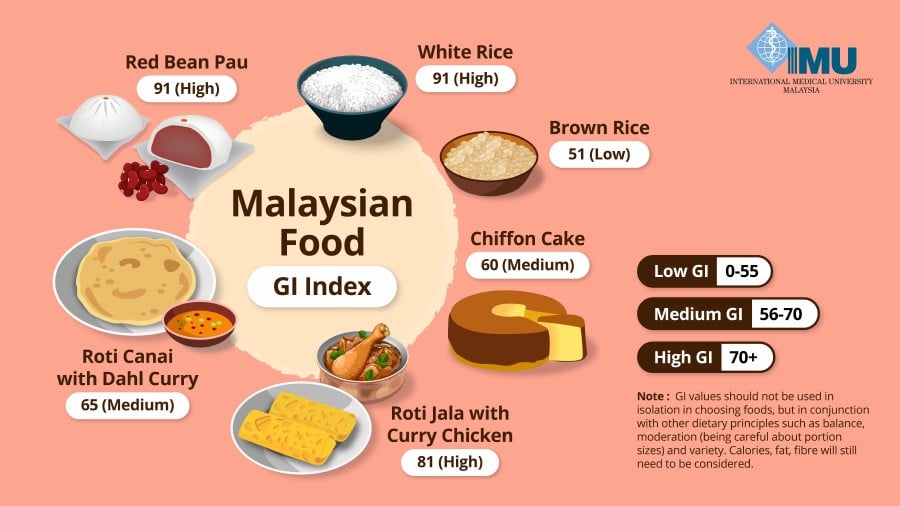
Eating Healthy on a Budget
BFM Podcast by Prof Winnie Chee, President, Malaysian Dietitians’ Association; Dean, School of Health Sciences and Professor, Centre for Transformative Nutrition & Health, IMU
Eating healthy is expensive. That’s what a lot of us think, but is it necessarily true? With the recent introduction of RM5 meals through Menu Rahmah, many are wondering: is it still possible to eat a balanced meal amidst rising food costs? Is cheap always bad? On our monthly open clinic segment, Prof Dr Winnie Chee, President of the Malaysian Dietitians’ Association joins us to answer all your questions about eating healthy on a budget.








